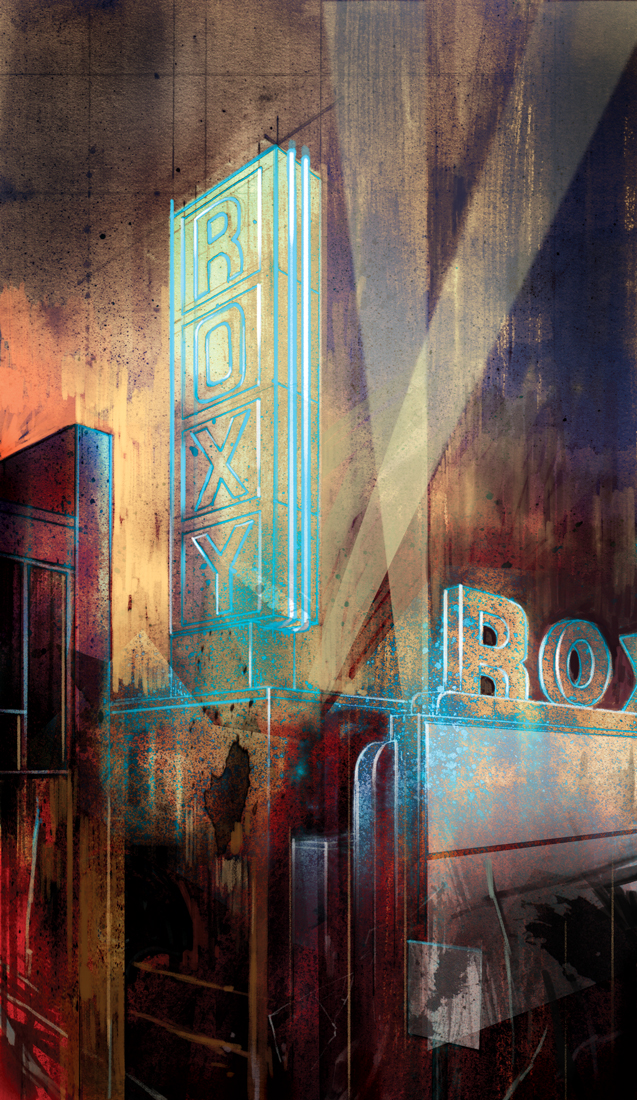“That’s how much it is to do one show!” he exclaims.
He’s also anxious over how Theatre Network will be received in Old Strathcona, considering much of its subscription base is on the north side of the North Saskatchewan River. “We’re expecting to lose folks here, but we’re hoping to gain folks on the southside,” he says. “Maybe, down the road, there will be a convergence of those two audiences and, when we come back, we’ll be healthier than we ever were before.”
Most importantly, Moss and the staff have to figure out how to retain audiences, a problem facing every theatre group in the city. As older patrons drop their subscriptions and younger audiences opt for single shows, usually at the last minute, he’s looking for more ways to attract a steady base.
“The boomers are probably our biggest advocates and supporters, and they had built up habits to go see us,” says Moss. “I don’t think the younger generation has that ingrained sense of having to support something. Viewing habits are changing; you can stay home and watch Netflix.”
Board member Gail Hall doesn’t envy what Moss is facing. “I thought running a private business was hard,” says Hall, who owns and operates Seasoned Solutions, a loft and cooking school in Edmonton. “But knowing how theatres operate, and especially with what’s happened to Theatre Network, I think it’s extremely challenging.”
While these challenges need to be met, Moss is also looking at them as an opportunity to connect with future audiences and grow the company. Even in the wake of a disaster that almost destroyed his livelihood, Moss can’t help but find some humour in the experience.
“Well, there was that tree in front I always wanted to get rid of,” he muses. “It’s gone now.”
